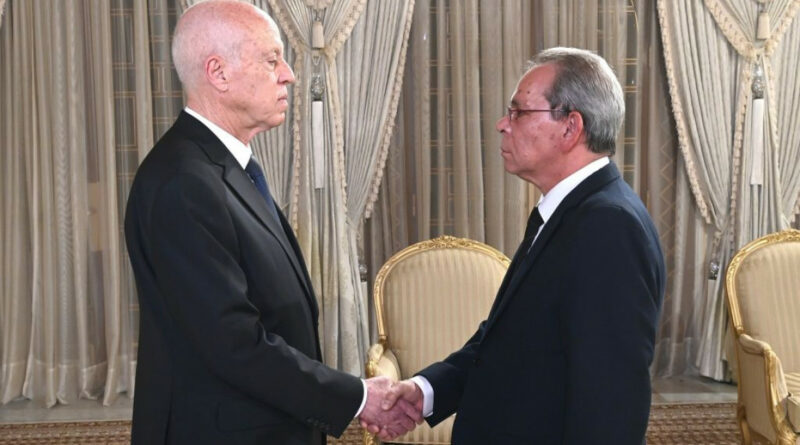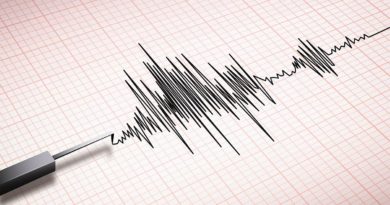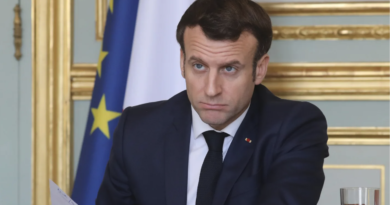Tunisian President Kais Saied Fires Prime Minister
In a surprising turn of events, Tunisian President Kais Saied has dismissed Prime Minister Ahmed Hachani and appointed Social Affairs Minister Kamel Maddouri as his replacement. This decision, announced late on Wednesday, adds another layer of complexity to Tunisia’s already turbulent political landscape.
Hachani, who had been serving as Prime Minister since August of the previous year, had just hours earlier highlighted the government’s progress on various fronts, despite global challenges, including ensuring the nation’s food and energy security. His sudden dismissal, however, comes amidst growing public discontent over frequent water and electricity outages plaguing the country. While the government attributes these disruptions to a prolonged drought necessitating a quota system for water distribution, President Saied has suggested a more sinister motive, labeling the water cuts as a conspiracy ahead of the upcoming presidential election. He asserts that the country’s dams are sufficiently stocked, contradicting the agriculture ministry’s alarming report that dam levels have fallen to a critical 25 percent.
Hachani’s abrupt removal marks his second such departure, as he took office on August 1 last year, replacing Najla Bouden, who was also dismissed without an official reason by Saied. This latest political shake-up occurs against the backdrop of Saied’s contentious bid for re-election in October. His candidacy has been met with widespread criticism from opposition parties, human rights groups, and other presidential hopefuls, who accuse him of restricting and intimidating competitors to clear his path to a second term.
Since his democratic election in 2019, Saied has orchestrated significant changes, including a sweeping power grab in 2021 and the rewriting of Tunisia’s constitution in 2022 to create a presidential regime with extremely limited powers for parliament. As Tunisia grapples with these ongoing crises and political maneuvers, the nation remains on edge, watching closely how these developments will impact the future stability and governance of the country.



